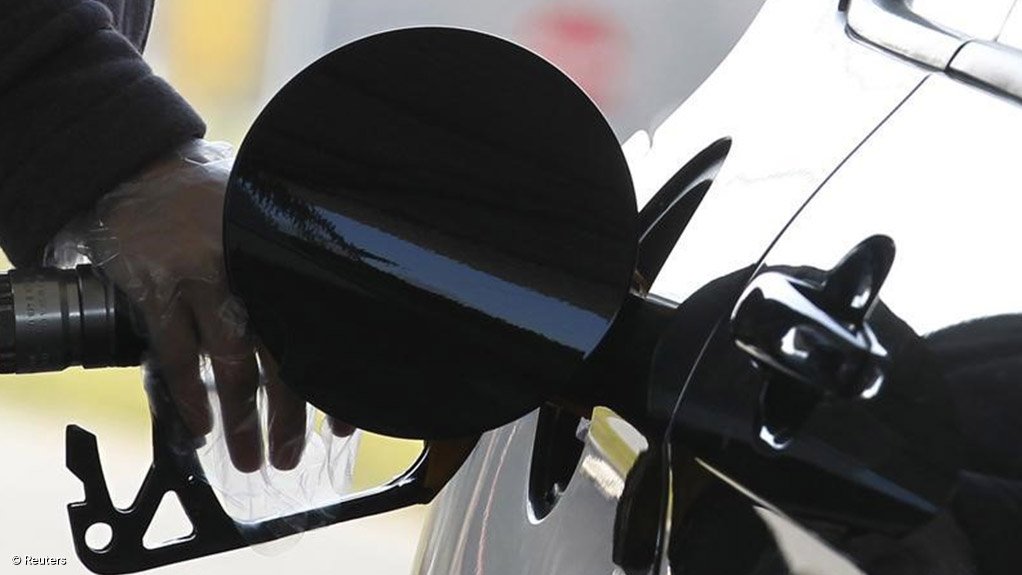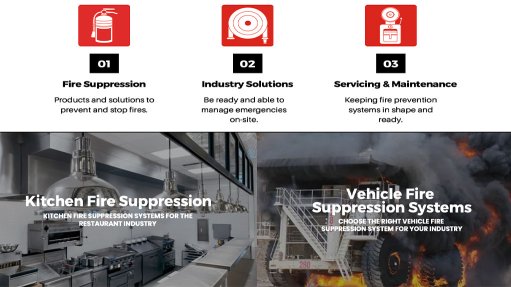South African fossil fuel subsidies hit record R118bn in 2023 - IISD
A new study has found that South Africa's fossil fuel subsidies tripled between 2018 and 2023, rising to R118-billion from R39-billion over the period, with subsidies having been increased largely in response to the surge in fuel prices following Russia’s invasion of Ukraine in 2022.
Titled ‘Blackouts and Backsliding: Energy Subsidies in South Africa 2023’, the International Institute for Sustainable Development (IISD) report calculates that oil and gas subsidies more than doubled over the five years to R52-billion compared with R23-billion in 2018.
The value-added tax exemption on the sale of petroleum, diesel and illuminating paraffin remained the highest-value oil and gas subsidy at R30-billion, but other oil and gas subsidies also increased.
These included a freeze on the general fuel levy on petrol and diesel in February 2022, which was then reduced by R1.50 a litre from April to June, resulting in R12.6-billion in foregone revenue to the National Treasury.
The IISD argues that these “untargeted” subsidies were mostly skewed in favour of richer consumers and recommends that they be redesigned initially to support vulnerable consumers and eventually replaced with alternate social welfare support.
The subsidies were increased largely in response to the global energy crisis and came as global fossil fuel subsidies hit a record of $1.5-trillion in 2022, with governments around the world scrambling to respond to the energy crisis.
The balance of the fossil fuel subsidies in South Africa in 2023 arose from carbon tax exemptions for large emitters such as Eskom and the electricity sector more broadly, where coal accounts for 86% of all generation.
The largest electricity subsidy arose in the form of the Free Basic Electricity access programme at R10.6-billion.
However, the IISD questions the effectiveness of the 50 kWh monthly allowance, arguing that it should be at least 250 kWh and redesigned to ensure that poor and vulnerable households were genuinely able to access the subsidy.
"Soaring fossil fuel subsidies in South Africa mean the country is still locked into dependence on economically volatile fuels, with ill-targeted consumer subsidies failing to protect the poorest families," said report co-author Anna Geddes, who is an associate consultant at IISD.
South Africa, the report notes, committed to phasing out inefficient fossil fuel subsidies as a member of the G20 in 2009 and, more recently, as part of the COP28 agreement to triple the world’s installed renewable capacity to 11 000 GW by 2030.
Article Enquiry
Email Article
Save Article
Feedback
To advertise email advertising@creamermedia.co.za or click here
Announcements
What's On
Subscribe to improve your user experience...
Option 1 (equivalent of R125 a month):
Receive a weekly copy of Creamer Media's Engineering News & Mining Weekly magazine
(print copy for those in South Africa and e-magazine for those outside of South Africa)
Receive daily email newsletters
Access to full search results
Access archive of magazine back copies
Access to Projects in Progress
Access to ONE Research Report of your choice in PDF format
Option 2 (equivalent of R375 a month):
All benefits from Option 1
PLUS
Access to Creamer Media's Research Channel Africa for ALL Research Reports, in PDF format, on various industrial and mining sectors
including Electricity; Water; Energy Transition; Hydrogen; Roads, Rail and Ports; Coal; Gold; Platinum; Battery Metals; etc.
Already a subscriber?
Forgotten your password?
Receive weekly copy of Creamer Media's Engineering News & Mining Weekly magazine (print copy for those in South Africa and e-magazine for those outside of South Africa)
➕
Recieve daily email newsletters
➕
Access to full search results
➕
Access archive of magazine back copies
➕
Access to Projects in Progress
➕
Access to ONE Research Report of your choice in PDF format
RESEARCH CHANNEL AFRICA
R4500 (equivalent of R375 a month)
SUBSCRIBEAll benefits from Option 1
➕
Access to Creamer Media's Research Channel Africa for ALL Research Reports on various industrial and mining sectors, in PDF format, including on:
Electricity
➕
Water
➕
Energy Transition
➕
Hydrogen
➕
Roads, Rail and Ports
➕
Coal
➕
Gold
➕
Platinum
➕
Battery Metals
➕
etc.
Receive all benefits from Option 1 or Option 2 delivered to numerous people at your company
➕
Multiple User names and Passwords for simultaneous log-ins
➕
Intranet integration access to all in your organisation



















